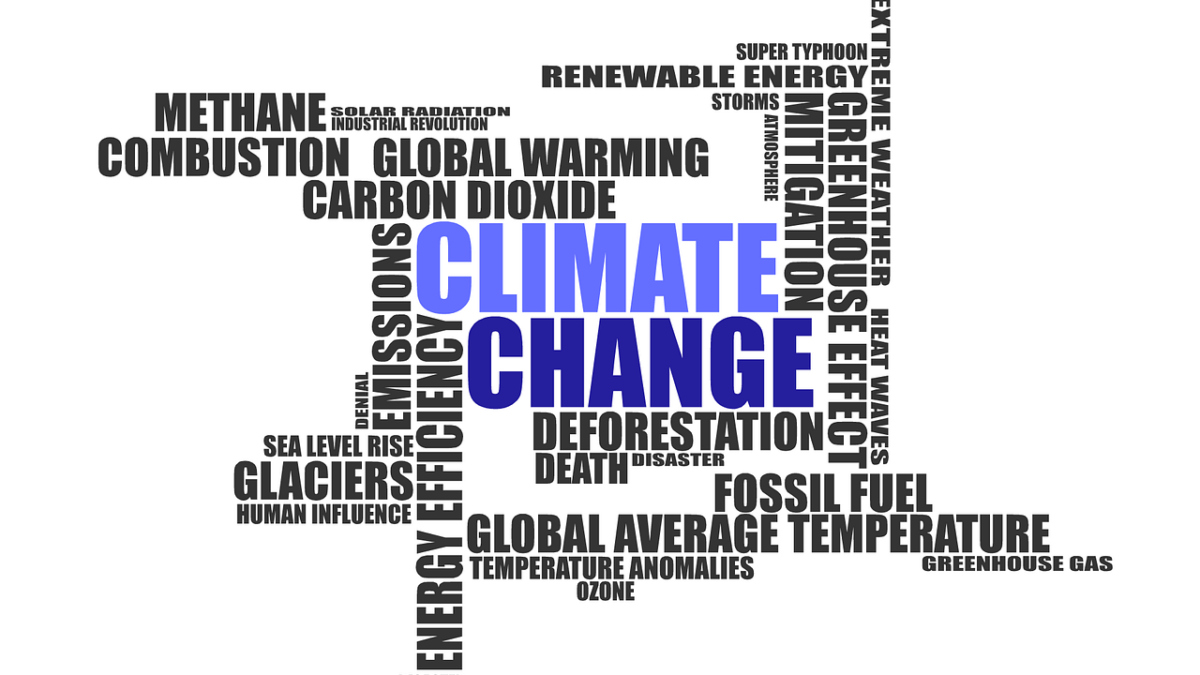
Interview with Caroline Harbord, a solicitor at Forsters LLP
May 30, 2024
How the legal profession can be a better ally to the LGBTQ+ community
May 31, 2024
Article written by Laetitia Ponde Nkot
The European Court of Human Rights (ECthHR) made a significant ruling on 9 April, emphasising that nations have a duty to safeguard their citizens from the dangers and damages caused by climate change. In this context, the judges concluded that Switzerland’s efforts to address climate change have been insufficient.
The legal action was initiated by the Swiss Senior Women for Climate Protection (Verein KlimaSeniorinnen Schweiz), a group comprising more than 2,500 Swiss women who are 64 years old or older. Their claim was that their exposure to heat-related illnesses or mortality was more pronounced than that of the average person, and that with the ongoing rise in temperatures, this issue became increasingly critical; that they deemed that Switzerland’s efforts to lower its greenhouse-gas emissions and aid in achieving the targets of the 2015 Paris Agreement were inadequate, and that consequently, Switzerland was failing in its obligation to preserve the environment. The court acknowledged and supported the ruling.
The objective of the 1994 United Nations Framework Convention on Climate Change is a worldwide effort to control greenhouse gas emissions and prevent detrimental human-induced effects on the climate.
Through the 2015 Paris Agreement governments have pledged to limit the rise in global temperatures to 2°C above pre-industrial levels by progressively adopting more ambitious climate action plans. Nevertheless, if countries continue to fall short in reducing carbon emissions, the world could potentially experience a temperature rise of nearly 3°C by 2030.
According to The Climate Action Tracker, an independent organisation, most countries are failing to meet their global commitments satisfactorily.
The Climate Action Tracker has criticised Canada for its ‘highly insufficient’ efforts in addressing climate change, pointing to the country’s support for pipeline expansion, weak climate targets, and ineffective policies and climate finance that do not align with the goals of the Paris Agreement.
The Supreme Court of the Netherlands, in the significant Urgenda case has upheld the notion that there exists a duty to undertake more efficient measures in order to mitigate the risks of climate change and ensure the protection of the lives and well-being of all citizens, those who are yet to be born.
Scientists worldwide are experiencing feelings of despair and fear due to the lack of action on a global scale, despite the overwhelming scientific evidence pointing to the catastrophic consequences of climate change.
The rise in climate litigation is a direct result of the government’s failure to take action on climate change. However, numerous climate-related legal cases have not succeeded, frequently due to insufficient scientific proof or inadequate interpretation by the courts.
The KlimaSeniorinnen case presented a similar risk. It originated from a legal dispute initiated in 2016, which was subsequently dismissed by both the Swiss Federal Administrative Court in 2018 and the Swiss Federal Supreme Court in 2020. The judges presiding over these cases concluded that the older women involved were ‘not particularly affected’, highlighting the political nature of the issue rather than its legal dimensions. Additionally, they expressed the belief that there was still sufficient time to address the imminent threat of climate change. These verdicts faced widespread criticism at the time for their perceived disregard for scientific knowledge.
This sentence in Europe is just one of several climate change lawsuits currently in progress. While climate litigation may come with high costs and lengthy processes, these cases emphasise the influential role that individuals, regardless of age, can have in ensuring decision-makers are held responsible and encouraging stronger measures to address climate change.
Governments need to be reminded of their dual obligations to uphold environmental commitments and safeguard human health and rights. Given the urgent climate crisis and the fast-approaching 2030 deadline, prompt and meaningful changes are necessary.
This landmark ruling marks a historic occasion, as it is the initial instance in which an international human-rights court has correlated the protection of human rights with obligations to reduce global warming. It definitively establishes that climate law and policy are not separate from human rights The repercussions of the verdict is expected to reshape the landscape of climate protection on a global scale.
Charlotte E. Blattner, a senior lecturer and researcher at the Institute for Public Law in Switzerland’s University of Bern, and also the leader of the research group focusing on climate law at the university’s Oeschger Centre for Climate Change Research, expressed that, as a lawyer playing a vital part in gathering scientific and legal evidence to provide guidance to the court, she viewed this judgement as a pivotal step towards integrating climate law and policy with the principles of human rights.
The landmark decision delivered by Europe’s highest human rights court serves as a significant milestone, affirming the undeniable connection between climate change and human rights. By holding European governments accountable, this ruling compels them to take more stringent actions in addressing the challenges posed by climate change.





